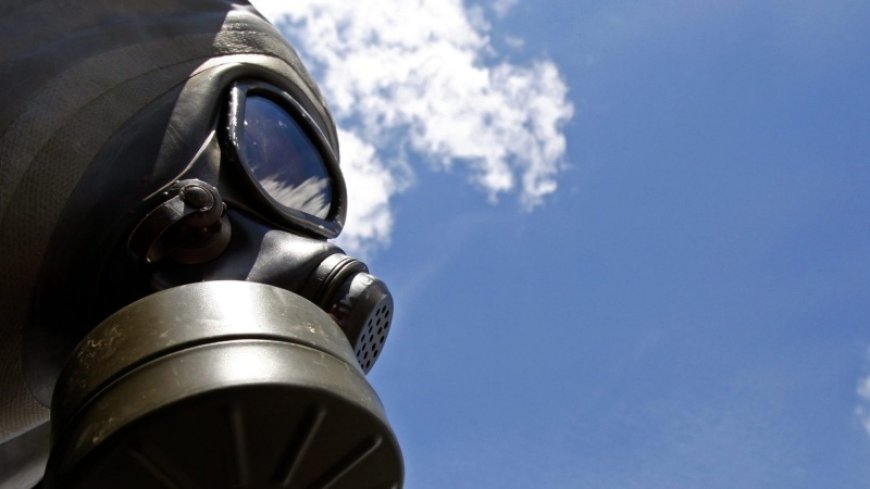Escalation in Ukraine-Russia War: NATO's Stance and Allegations of Chemical Warfare

The ongoing conflict between Ukraine and Russia continues to dominate global headlines, with recent developments highlighting NATO's unwavering support for Ukraine, the prospect of a second international peace summit, and alarming accusations of chemical warfare.
As the war in Ukraine grinds on, NATO member states have reiterated their commitment to supporting Ukraine. This backing includes a range of military, financial, and logistical aid designed to bolster Ukraine's defense against Russian aggression. The continued assistance from Western nations is not only extending the conflict but also intensifying global political polarization.
The European Union has further strained international relations by extending sanctions on Iran, citing Tehran's alleged support for Russia in the conflict. This move underscores the broader geopolitical ramifications of the Ukraine-Russia war, with various countries being drawn into the fray.
Upcoming Peace Summit Amidst Continued Hostilities
Ukrainian President Volodymyr Zelensky announced plans for a second international peace summit aimed at resolving the conflict. "I set a goal to have a fully ready program by November," Zelensky stated, underscoring his administration's commitment to seeking a diplomatic resolution.
The first summit, held in Switzerland last month and attended by representatives from 92 countries, failed to yield significant outcomes. Notably, Russia abstained from participating and has already signaled it will not attend the forthcoming summit.
Russian President Vladimir Putin, addressing the conflict's origins, reiterated Moscow's stance that it was the Ukrainian regime that initiated hostilities. Putin’s remarks highlight the entrenched positions on both sides, complicating peace efforts.
Drone Warfare and Western Restrictions
The Russian Defense Ministry reported the destruction of 13 Ukrainian drones in various regions, including Rostov, Belgorod, Kursk, Voronezh, the Black Sea, and the western coast of the Crimean Peninsula. These incidents were described as thwarted terrorist attacks by Ukraine.
In response, the United States has maintained its stance that Ukraine should refrain from using American-supplied weaponry to strike deep into Russian territory. This position was echoed by the UK, which has also restricted the use of its missiles against Russian targets.
NATO's Strategic Position
NATO Secretary General Jens Stoltenberg reaffirmed the alliance's support for Ukraine but clarified that NATO would not engage directly in the conflict. "The coalition will support Ukraine in shooting down Russian warplanes but will not intervene directly in the conflict," Stoltenberg stated, following inquiries from Polish Deputy Defense Minister Cezary Tomczyk regarding defensive measures.
Concerns Over Chemical Weapons Use
Allegations of chemical warfare have added a new and troubling dimension to the conflict. Volodymyr Tarabrin, Russia's Permanent Representative to the Organization for the Prohibition of Chemical Weapons, accused Ukraine of stockpiling antidotes and protective gear far beyond its needs, suggesting preparations for chemical warfare.
Additionally, senior Russian military officials have alleged that Ukrainian forces are systematically using chemical agents like chloropicrin and chlorastefenone in the Donetsk region. Despite these claims, the United States has yet to address the allegations publicly.
As the war between Ukraine and Russia continues, the international community remains deeply divided. NATO’s ongoing support for Ukraine, the upcoming peace summit, and serious accusations of chemical warfare illustrate the complexity and high stakes of the conflict. The coming months will be critical in determining whether diplomatic efforts can gain traction or if the war will escalate further, drawing in more global actors and intensifying existing geopolitical tensions.













































